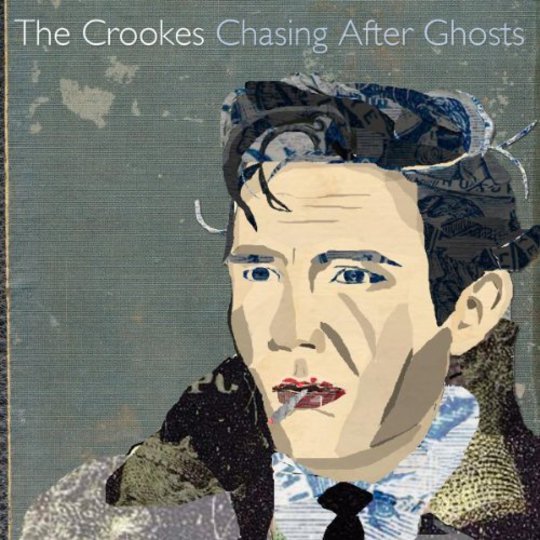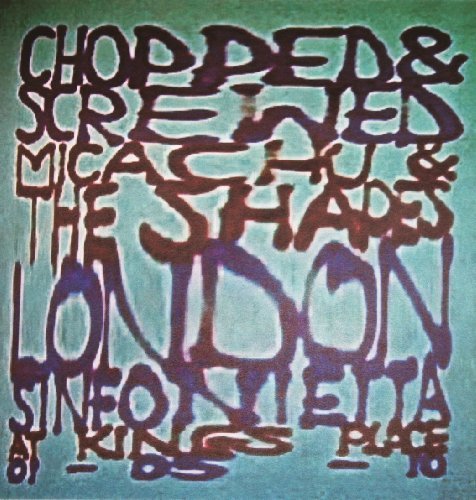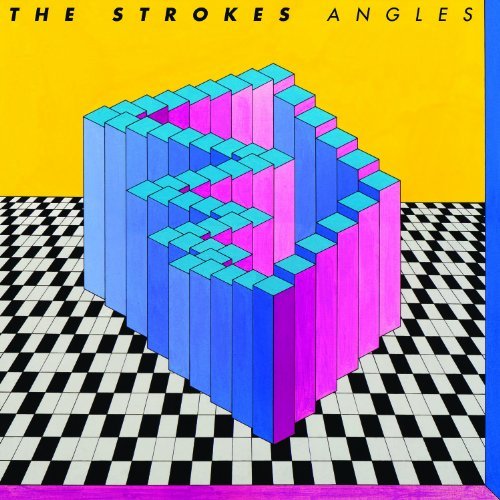As was pointed out in a recent Drowned in Sheffield column, The Crookes are one of the few bands from the city that have actually managed to build up a following beyond South Yorkshire. The support of Richard Hawley has given them kudos locally, while Steve Lamacq’s fandom has given them the national exposure that alludes so many. So what’s so different about The Crookes?
They are a break from what much of the music industry assumes the sound of Sheffield to be. The Crookes favour romanticism over gritty realism, they dress in foppish shirtsleeves rather than polo shirts and trainers and they make you wonder why they’re slumming it playing students’ unions rather than writing poetry in Parisian cafes. They’re admittedly old-fashioned and (consciously or not) unequivocally middle-class. That’s what’s different – they don’t look, sound or feel like any other band that’s come out of Sheffield over the last few years. You might argue that that’s because they’re not from Sheffield at all, having only moved here for university. But then they’re different again because after graduation, they stuck around, when most Yorkshire-born-and-bred musicians would have moved to London to seek their fortune. They’re even named after one of the city’s suburbs.
In short, Chasing After Ghosts isn’t a rehash of Whatever People Say I Am, That’s What I’m Not. It’s full of sad, sorry stories and confused, tragic characters all the same, but not the sort that you’ll find stumbling out of Wetherspoons on a Saturday night. It’s an album that treats situations more sensitively and intellectually than that. Clearly, The Smiths are an obvious influence, making The Crookes sound like close cousins of those other fey pop poets, Frankie & The Heartstrings.
But these are pop songs that feel a little bit as though they’re trying not to be. Two of the best choruses on Chasing After Ghostscome towards the end of the album. On ‘I Remember Moonlight’, George Waite’s weepy vocals become dryer and raspier with each repetition as his agony starts to overwhelm him. It’s a theatrical trick that pulls you in, but the rhythm seems to stomp uncertainly instead of crashing with matching emotion. The Housemartinsey ‘Bloodshot Days’ is paced more quickly, making it much easier to cement in your memory, with sweet “ba ba ba” backing vocals. But the catchy vocal hook isn’t supported by an extra surge of energy from the rest of the band.
This isn’t a problem on ‘Chorus Of Fools’, which uses clever guitar playing that gradually complicates to build intricate verses. Rapid punches of jangling chords makes the chorus jump out properly. But ultimately, there isn’t a track on Chasing After Ghoststhat has the elegant enthusiasm of an early single like ‘Backstreet Lovers’ to makes this a great pop album.
It has to be said though, this does feel like nitpicking. The Crookes deserve credit for making an album which, while it doesn’t have any obvious chart-topping cuts, seems very much like the album they wanted to make. It is eloquently coherent, with themes of youthful frustration and heartache constantly present, but never in a way that is embarrassingly gushing or childishly simplistic. It is frequently charming and beautiful, when it isn’t being cheery and uplifting. The Crookes pay for their intellectualisation with a lack of anthemic immediacy, but it’s nice to know that there’s a place for poetry in contemporary pop.
-
7Robert Cooke's Score






















